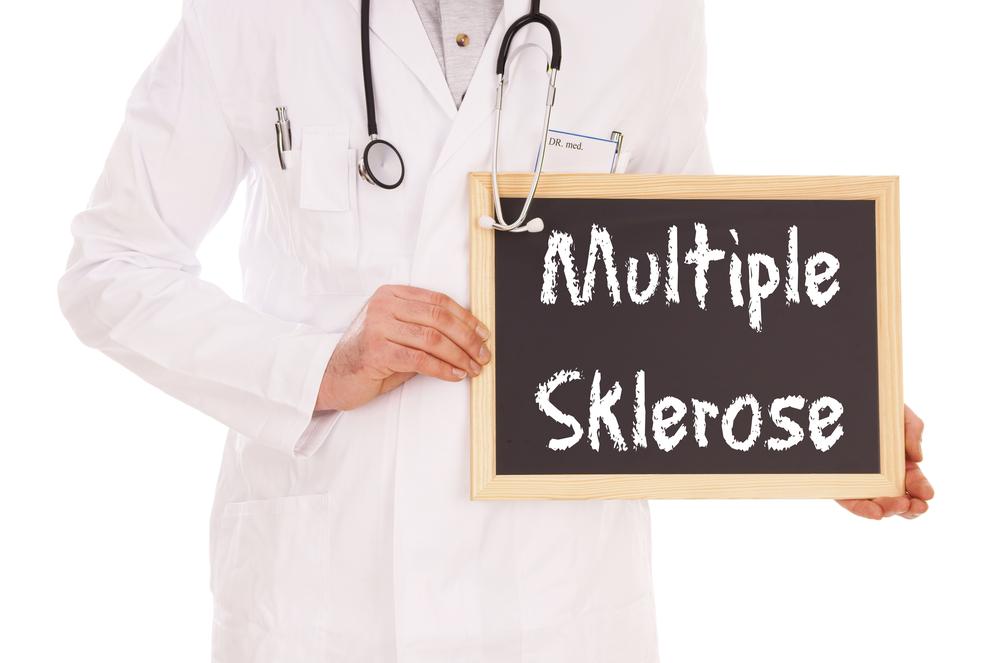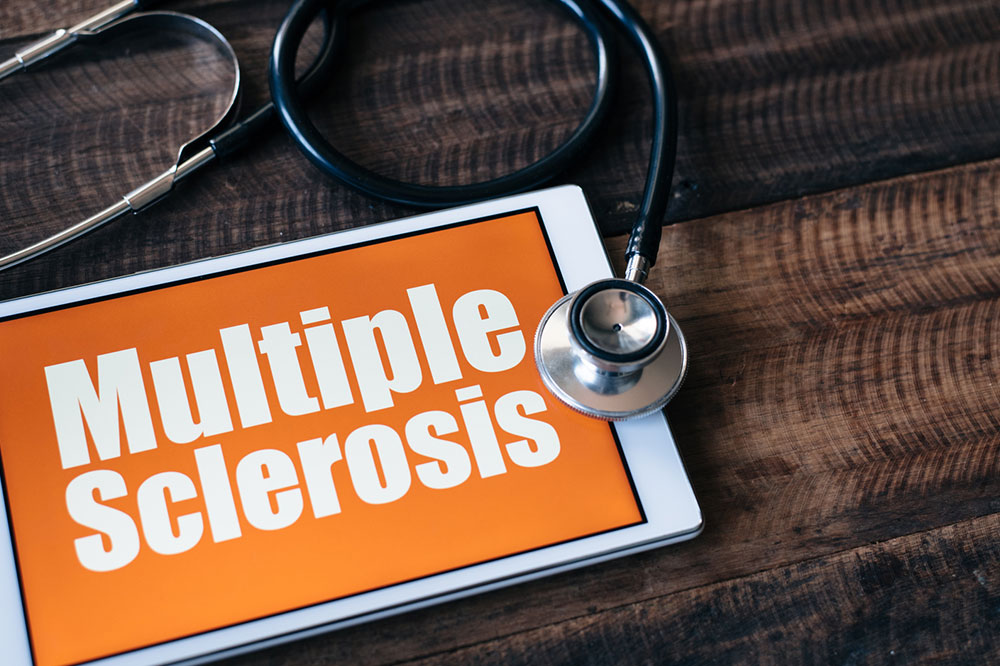Comprehensive Approaches to Managing and Treating Multiple Sclerosis for Improved Quality of Life
This comprehensive guide explores effective strategies for managing multiple sclerosis symptoms through medication, therapy, lifestyle changes, and supportive care. It covers common complications like tremors, muscle spasms, pain, bladder issues, depression, and cognitive impairments, offering practical solutions to improve quality of life for MS patients. Emphasizing a multidisciplinary approach, it provides valuable insights into optimizing treatment plans, mitigating disabilities, and maintaining independence. Whether you are a patient or caregiver, this article offers essential information to navigate the challenges of MS with confidence and hope.

Holistic Strategies for Managing Multiple Sclerosis Symptoms
Multiple sclerosis (MS) is a complex neurological disorder that profoundly affects various aspects of a patient's health and daily living. Characterized by the immune system attacking the central nervous system, MS can lead to a wide range of physical, cognitive, and emotional challenges. Effectively managing MS requires an integrated approach that combines medication, therapy, lifestyle modifications, and supportive care. This article delves into the comprehensive strategies available to mitigate symptoms, improve function, and enhance the quality of life for individuals living with MS.
Understanding Common MS Complications
Persistent tremors and depression
Muscle spasms and heat sensitivity
Chronic pain and sexual health issues
Bladder dysfunction and fatigue
Urinary infections and cognitive impairments
Constipation and fecal incontinence
Managing these diverse symptoms necessitates a tailored approach that combines pharmacological treatments with non-medical interventions. Below, we explore various strategies to address each complication effectively.
Effective Management of Tremors in MS Patients:
Tremors are among the most noticeable symptoms affecting MS patients, often debilitating and affecting daily activities. Addressing tremors requires a combination of medication, technological interventions, and lifestyle modifications. Pharmacological options include anticonvulsants such as Clonazepam and Mysoline, which can help reduce tremor severity. Deep brain stimulation and Thalamic surgery are advanced procedures that have shown promising results in severe cases. Additionally, using physical devices like hand weights or stability aids can assist in managing tremors during daily tasks.
Combating Muscle Spasms and Spasticity:
Muscle spasms and spasticity are common in MS, often causing discomfort and limiting mobility. Regular physical activity, stretching routines, and physiotherapy play critical roles in alleviating these symptoms. Occupational therapy can help adapt daily routines to accommodate spasticity. Medications such as Diazepam (Valium), Baclofen, Dantrolene, and Tizanidine are medications prescribed to relax skeletal muscles and reduce spasms. Combining these approaches with heat therapy and cooling techniques can further ease discomfort.
Pain Management Strategies:
Chronic pain in MS arises from nerve damage, muscle weakness, or spasms. Pharmacological agents such as anticonvulsants (Gabapentin, Phenytoin, Carbamazepine), antidepressants, and anti-arrhythmic drugs are commonly employed to manage persistent pain. These medications are typically dosed within 100 to 1000 mg daily, customized to individual needs. Potassium channel blockers like 4-aminopyridines are also beneficial in reducing weakness and improving mobility.
Addressing Bladder Dysfunction:
Bladder issues in MS can include urgency, retention, or incontinence. Strategies involve behavioral modifications such as limiting fluid intake in the evening, practicing scheduled voiding, and strengthening pelvic floor muscles with Kegel exercises. Medications like Propantheline Bromide and Oxybutynin help control overactive bladder symptoms. In some cases, antibiotics may be used to prevent urinary tract infections, while dietary modifications, such as consuming acidic drinks like cranberry or orange juice, help reduce bacterial growth by lowering urine pH. Intermittent catheterization and prophylactic antibiotics are recommended for severe cases to prevent complications.
Managing Constipation and Fecal Incontinence:
MS-related bowel issues often manifest as constipation or fecal incontinence. Dietary interventions include increased fiber intake, adequate hydration, and the use of stool softeners and laxatives as needed. For fecal incontinence, reducing fiber intake and employing pelvic floor exercises can improve control. Regular bowel routines and the use of biofeedback therapy may also aid in symptom management.
Addressing Psychological Impact and Depression:
The psychological toll of MS can lead to feelings of hopelessness, depression, and suicidal thoughts. Psychological support through counseling, therapy, and patient support groups is crucial. Pharmacological treatments such as Fluoxetine, Sertraline, and Amitriptyline help manage depression and anxiety, promoting mental well-being. Addressing emotional health is essential for maintaining motivation and adherence to treatment plans.
Managing Heat Sensitivity:
Heat sensitivity can exacerbate MS symptoms, including fatigue and weakness. To mitigate heat effects, patients are advised to avoid hot environments, stay in air-conditioned spaces, and use cooling aids such as ice packs. Wearing cooling garments and maintaining proper hydration are also effective strategies to prevent heat-induced symptom flare-ups.
Addressing Sexual Dysfunction:
Sexual health issues in MS stem from nerve damage and psychological factors. Management may involve using lubricants, sexual aids, and medications like Sildenafil (Viagra) to improve sexual function. Open communication with partners and counseling can help address emotional barriers and improve intimacy.
Alleviating Fatigue:
Fatigue is one of the most common and disabling symptoms of MS. It can be relieved through energy conservation techniques, scheduled rest, and assistive devices. Pharmacological options include stimulants like Methylphenidate, which help boost alertness. Lifestyle modifications, including proper sleep hygiene, balanced nutrition, and stress management, are vital.
Cognitive Challenges and Solutions:
MS can impair memory, concentration, and problem-solving skills. Cognitive rehabilitation, mental exercises, and medications such as Donepezil may improve neurotransmitter function and cognitive performance. Support from neuropsychologists and occupational therapists can help develop coping strategies and daily routines to mitigate cognitive decline.
Living with MS often entails facing permanent disabilities, including paralysis, vision impairment, and mobility issues. For many patients, these challenges impact employment, independence, and overall quality of life. A multidisciplinary team comprising neurologists, physiotherapists, occupational therapists, counselors, and social workers plays a vital role in providing comprehensive care. Psychological support, assistive devices, and adaptive technologies empower patients to maintain independence and find fulfillment despite ongoing difficulties. Emphasizing preventive care, ongoing monitoring, and patient education ensures that individuals with MS can lead active, meaningful lives while managing their condition effectively.





